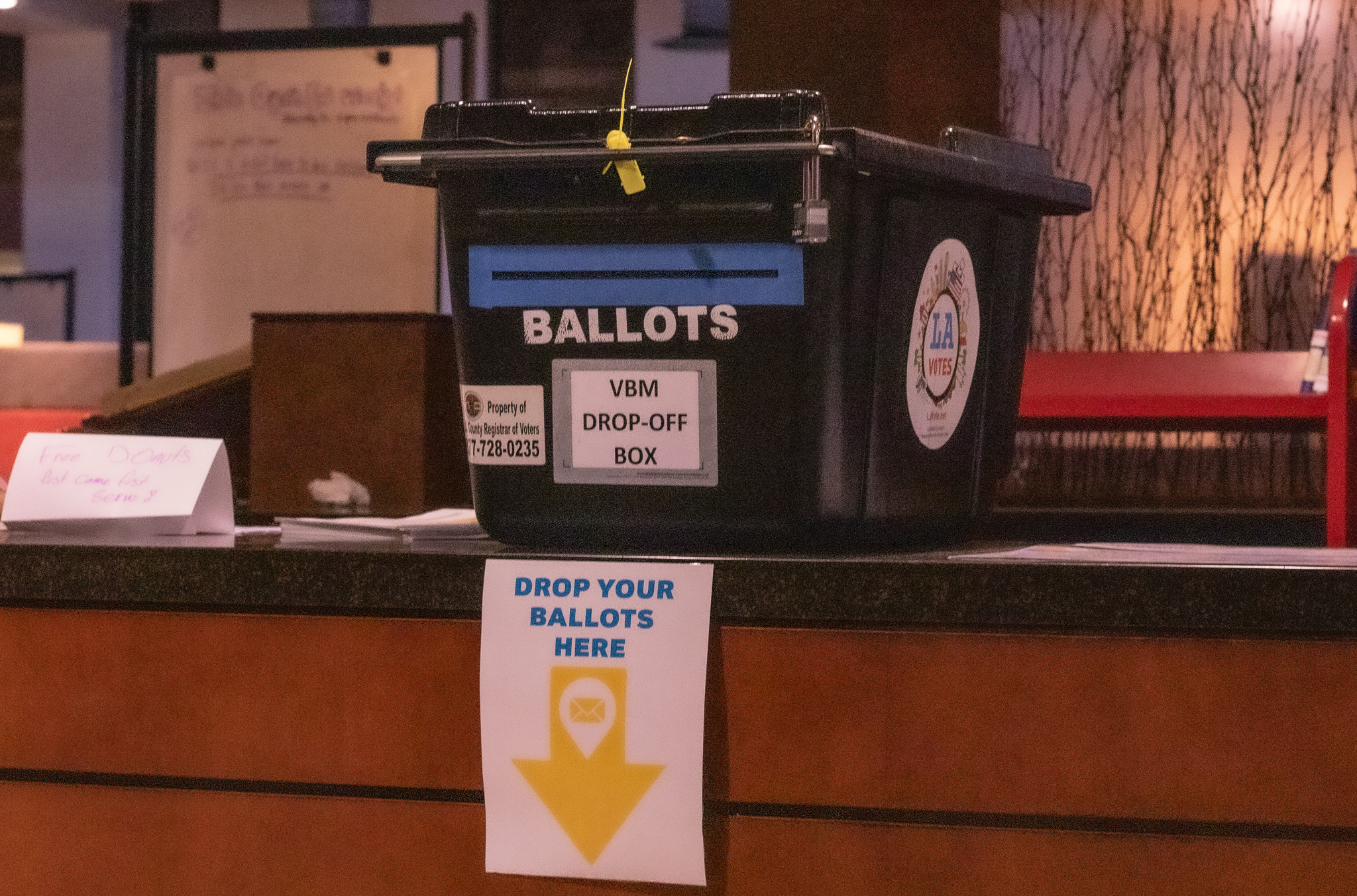By Iracema Navarro, Political Affairs Reporter
Just when you thought it was safe to go to your mailbox now that the primary election is behind us and all those mailers have finally been thrown out, you’re about to get something really important in your mail: a reminder to take the 2020 Census.
The Decennial Census of Population and Housing, better known as the 2020 Census, is mandated by the Constitution and it is a federal law to respond. The purpose of the census is to count every resident in the country to determine the seats for the House of Representatives and the distribution of federal funds.
How does that affect you? The census results also play a major part in how federal funds are distributed. The results will shape every community no matter the location or size. Imagine the possibility of your community prospering with a better public transit system, wildlife restoration, housing assistance for the homeless, or much more. The count is to be determined wherever the person lives on Census Day, April 1.
Households will receive an invitation to complete the 2020 Census online between March 12-20, along with paper questionnaires mailed to some households. If the form is not returned, four reminders will be mailed between March 16 and April 27. If the form is still unreturned at that time, a final follow up will be made by a census taker employed by the U.S. Census Bureau.
There are reasons why people do not return their census forms. According to a report from the 2020 Census Barriers, Attitudes and Motivators Study, those concerns include confidentiality, lack of government trust, and no personal benefit.
Those concerns were addressed at a 2020 Census Student Journalism Symposium Feb. 22 hosted by the College of Communications and the Latino Communications Institute at California State University, Fullerton. Jennifer Lee, a partnership specialist for the Census Bureau in Orange County, said that Title 13 of the U.S. Code, approved in 1954, binds the Census Bureau to never publish private information or distribute information to other government agencies, like immigration or law enforcement. Lee said that anyone who has a lack of trust in the government can be assured that their information will be safe.
Another potential hindrance to returning the census form for some is confusion over the Trump Administration’s effort to place a citizenship question on the form. Even though the U.S. Supreme Court rejected that effort in June 2019, there are concerns in the Census Bureau that the media attention might make some, such as undocumented people living in the U.S. hesitant to return their forms, as the Bulletin reported last semester.
However, no citizenship question will be asked in the 2020 Census, other questions that will never be asked are a resident’s social security number, bank account numbers, donations, or a political party connection.
The data in the 2020 Census does impact people on the individual level. For example, a family has a 3-year-old in the household and is a hyper little one. The data will determine in 2027 if your now 10-year-old has a nearby playground to expend all that energy. Playgrounds, roads, schools, hospitals, grants, loans, and much more are at stake for communities.
According to county officials, an estimated cost of $2,000 a year is lost for every person not counted in the census. That means approximately $20,000 a year could be lost over a 10-year period from your community if you are not counted.
If you are a student living on or off-campus, you count as well. The data from the 2020 Census will impact funds involving school safety, federal Pell Grant programs, student wellness programs, public transportation, and more.
With the U.S,. Census coming every 10 years and the U.S. presidential election coming every four, they coincide every 10 years (ask the math majors to explain it).
The last three times that has happened have been monumental elections.
2000 was the contested George W. Bush-Al Gore election, in which the count in Florida was not decided until the U.S. Supreme Court decided the victor.
In 1980, Ronald Reagan was elected, signaling a revival of American conservatism.
And in 1960 John F. Kennedy narrowly defeated Richard Nixon.
We will see what the 2020 election has in store for the country on Nov. 3.

